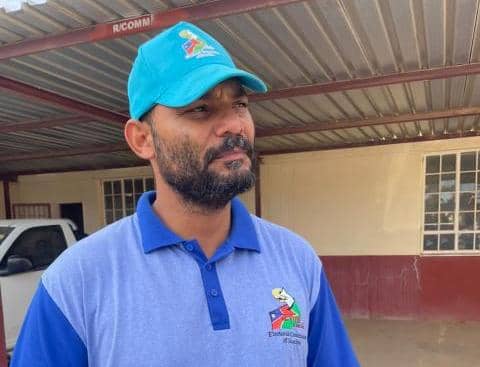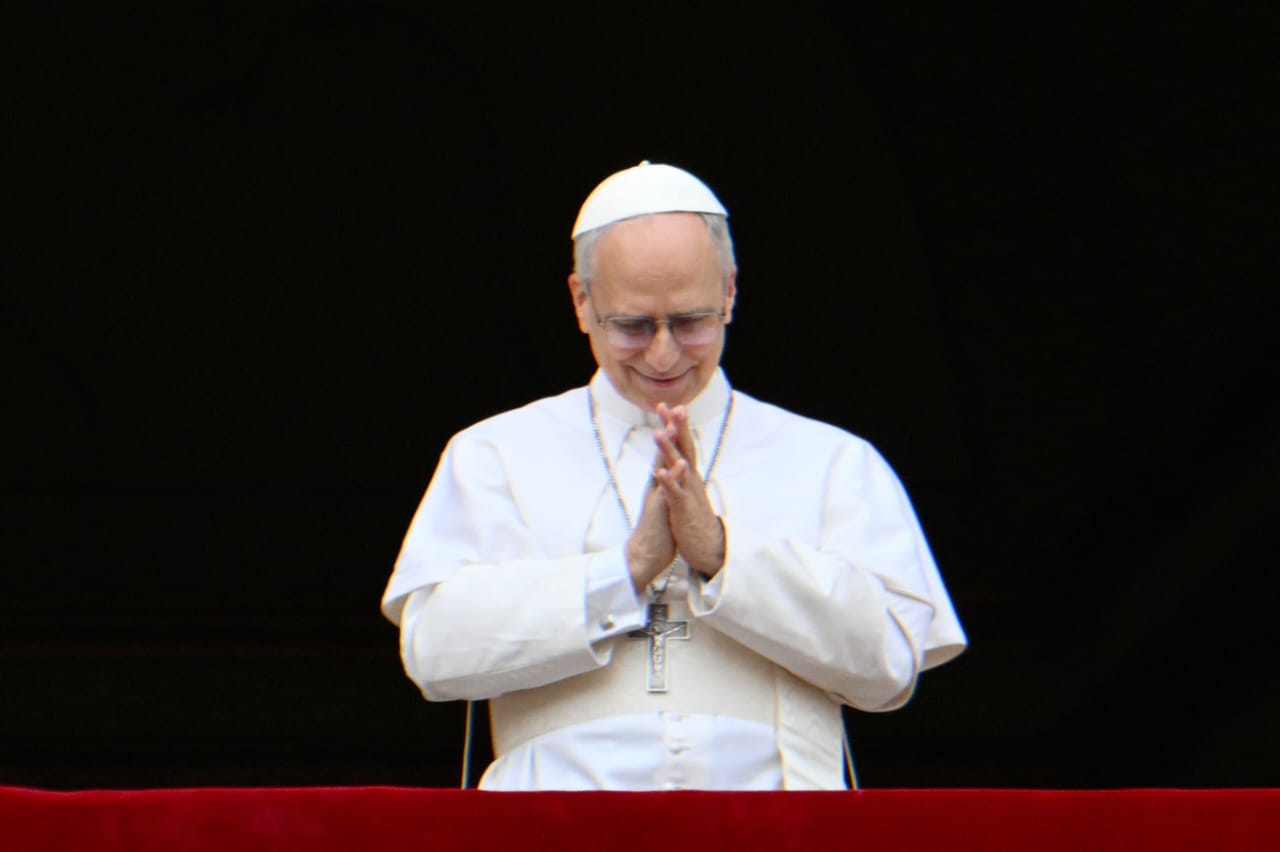WRITTEN instructions given to First National Bank in connection with the signing powers on Avid Investment Corporation’s bank accounts were not followed when the bank carried out a transfer of Social Security Commission investment money from an Avid account.
This much became apparent on Thursday when FNB’s Manager: Corporate Services, Martin Inkumbi, gave evidence in the High Court’s inquiry into an investment of N$30 million that the SSC had made through Avid near the end of January. Inkumbi told the court that part of his job was looking after a portfolio of corporate clients.Avid was one of these.The bank’s file on Avid includes a document dated May 24 last year, in which the bank was informed that Avid’s board chairperson, Inez /Gâses, would be the only person with signing powers on the company’s bank accounts.On November 10, a second letter from Avid was sent to the bank, to inform it that the Avid board of directors had decided that /Gâses and Avid’s Chief Executive Officer, Lazarus Kandara, would jointly sign to authorise transactions on the company’s current account with FNB.In his testimony Inkumbi confirmed that this meant that the company’s mandate to FNB was that transactions on Avid’s bank account had to be done on the signatures of both /Gâses and Kandara.He told the court that both /Gâses and Kandara signed a letter, dated January 21, in which FNB was instructed to transfer N$30 million from Avid’s account to an account of Namangol Investments.At that point, the inquiry has heard, Avid was still trying to persuade the SSC to invest N$30 million through it.The SSC’s top management initially agreed to such an investment on January 21, but quickly had second thoughts and ordered that the investment had to be held back.By January 27, the SSC’s CEO, Tuli Hiveluah, who was suspended last month over his role in the Avid investment, formally authorised the investment.However, N$30 million had been transferred from an SSC account to Avid the previous day already.By January 28, FNB again transferred N$29,5 million from an Avid account to Namangol Investments.According to the late Kandara, Namangol Investments was supposed to invest the money on Avid’s behalf./Gâses told the court that it was only in April that she found out that only N$29,5 million of the SSC’s money had been transferred out of Avid’s account.According to Kandara, N$500 000 had been kept behind because Avid needed money to cover business expenses at that stage.He said Namangol Investments’ CEO, Nico Josea, was supposed to top up the N$29,5 million with half a million dollars that was due to Avid at that point, before he had to send N$30 million on to be invested for Avid through a South African-based financial trader.The upshot of this evidence was that the first whittling away of the SSC’s money that took place when N$500 000 was held back with the transfer between the Avid and Namangol Investments accounts, happened on the strength of a single signature from Kandara that was not supposed to be sufficient to authorise transactions on Avid’s bank account.Inkumbi’s explanation on Thursday was to say that once the N$30 million had arrived in Avid’s account on January 26, he told Kandara by telephone that there was not enough money in the company’s account to cover a number of cheques that Avid had written.Kandara thereafter sent the instruction for the transfer of N$29,5 million to the bank.Inkumbi indicated to the court that he felt that the January 21 instruction from Avid also covered the N$29,5 million transfer.On the other hand, the January 21 instruction had subsequently been cancelled, before the January 28 transfer was done.Under questioning from Sisa Namandje, the lawyer representing former Avid director Paulus Kapia, Inkumbi appeared to come close to admitting that the bank had made a mistake by transferring the funds on Kandara’s instructions alone.When asked by Namandje whether he would say that the transfer on the basis of only one signature was a contravention of Avid’s mandate to the bank, Inkumbi at first replied: “I wouldn’t know.””It could be,” he then conceded.Inkumbi told the court that part of his job was looking after a portfolio of corporate clients.Avid was one of these.The bank’s file on Avid includes a document dated May 24 last year, in which the bank was informed that Avid’s board chairperson, Inez /Gâses, would be the only person with signing powers on the company’s bank accounts.On November 10, a second letter from Avid was sent to the bank, to inform it that the Avid board of directors had decided that /Gâses and Avid’s Chief Executive Officer, Lazarus Kandara, would jointly sign to authorise transactions on the company’s current account with FNB.In his testimony Inkumbi confirmed that this meant that the company’s mandate to FNB was that transactions on Avid’s bank account had to be done on the signatures of both /Gâses and Kandara.He told the court that both /Gâses and Kandara signed a letter, dated January 21, in which FNB was instructed to transfer N$30 million from Avid’s account to an account of Namangol Investments.At that point, the inquiry has heard, Avid was still trying to persuade the SSC to invest N$30 million through it.The SSC’s top management initially agreed to such an investment on January 21, but quickly had second thoughts and ordered that the investment had to be held back.By January 27, the SSC’s CEO, Tuli Hiveluah, who was suspended last month over his role in the Avid investment, formally authorised the investment.However, N$30 million had been transferred from an SSC account to Avid the previous day already.By January 28, FNB again transferred N$29,5 million from an Avid account to Namangol Investments.According to the late Kandara, Namangol Investments was supposed to invest the money on Avid’s behalf./Gâses told the court that it was only in April that she found out that only N$29,5 million of the SSC’s money had been transferred out of Avid’s account.According to Kandara, N$500 000 had been kept behind because Avid needed money to cover business expenses at that stage.He said Namangol Investments’ CEO, Nico Josea, was supposed to top up the N$29,5 million with half a million dollars that was due to Avid at that point, before he had to send N$30 million on to be invested for Avid through a South African-based financial trader.The upshot of this evidence was that the first whittling away of the SSC’s money that took place when N$500 000 was held back with the transfer between the Avid and Namangol Investments accounts, happened on the strength of a single signature from Kandara that was not supposed to be sufficient to authorise transactions on Avid’s bank account.Inkumbi’s explanation on Thursday was to say that once the N$30 million had arrived in Avid’s account on January 26, he told Kandara by telephone that there was not enough money in the company’s account to cover a number of cheques that Avid had written.Kandara thereafter sent the instruction for the transfer of N$29,5 million to the bank.Inkumbi indicated to the court that he felt that the January 21 instruction from Avid also covered the N$29,5 million transfer.On the other hand, the January 21 instruction had subsequently been cancelled, before the January 28 transfer was done.Under questioning from Sisa Namandje, the lawyer representing former Avid director Paulus Kapia, Inkumbi appeared to come close to admitting that the bank had made a mistake by transferring the funds on Kandara’s instructions alone.When asked by Namandje whether he would say that the transfer on the basis of only one signature was a contravention of Avid’s mandate to the bank, Inkumbi at first replied: “I wouldn’t know.””It could be,” he then conceded.
Stay informed with The Namibian – your source for credible journalism. Get in-depth reporting and opinions for
only N$85 a month. Invest in journalism, invest in democracy –
Subscribe Now!










